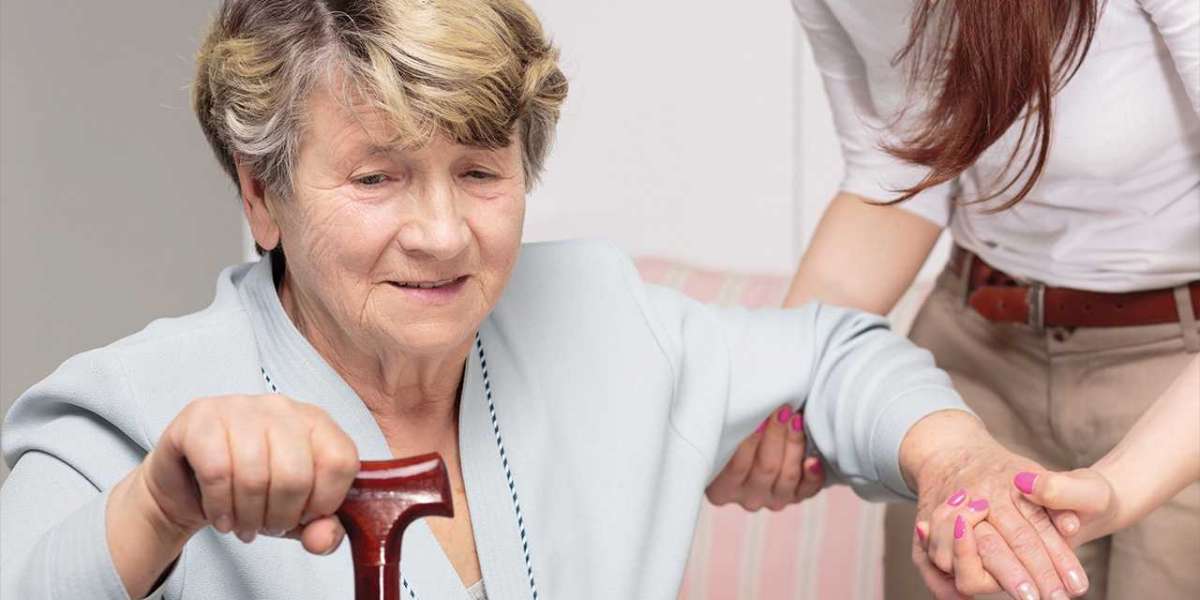Thanatophobia is a fear that we all have at some point in our life. Separate but related constructs have been discovered in the research: fear of death and dread of the dying process. There are a variety of factors that might impact death anxiety, including religion, gender, psychological condition, and age. Children of the elderly frequently believe that their parents are plagued by a fear of death, which is not always the case.
Every day, members of the medical staff are confronted with the existence of death fear, whether it comes from family members or from the medical team itself. The researchers conducted a three-tiered investigation on non-terminal elderly inpatients on an acute geriatric care unit in order to better understand the phenomena they were seeing.
Templer's Death Anxiety Scale revealed that the elderly had low levels of anxiety (scoring 4/15), but their offspring scored higher for themselves (6.9/15) and their parents (8.9/15), according to the findings of the study. In a regression model, only the existence of generalized anxiety disorder and the religiosity of the parent had an influence, with the latter accounting for 33.6 percent of the variation explained. Death anxiety is frequently absent among the elderly, although they are more concerned with the process of dying than with death itself.
Their children, on the other hand, are terrified of death, which they attribute to their parents as a result. This results in disagreements because the children refuse to provide crucial medical information to their parents, resulting in a dispute. This must be addressed by the staff when dealing with family members in order to allow for open and honest dialogue between the patient and their caregivers. It is the staff's responsibility to communicate to the family that the elderly are not terrified of death, but rather of the agony that comes with dying.



